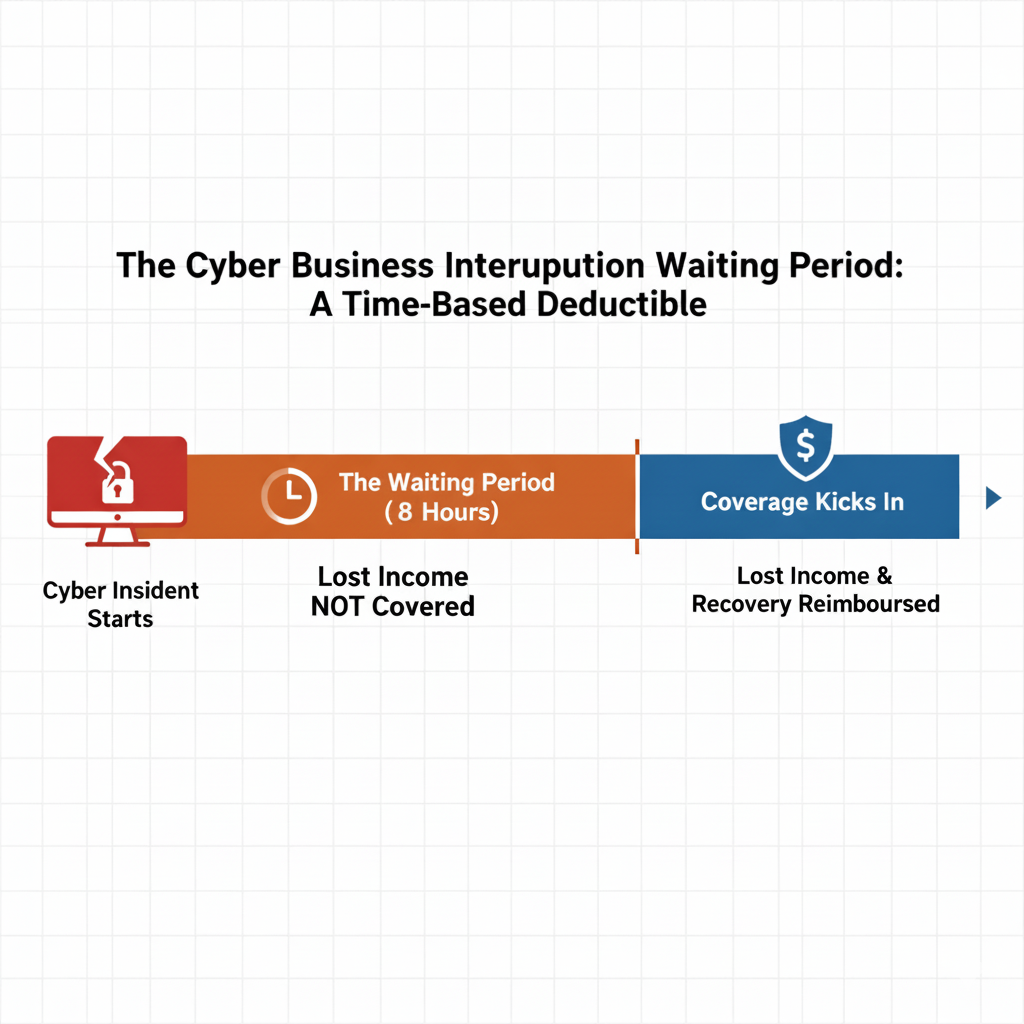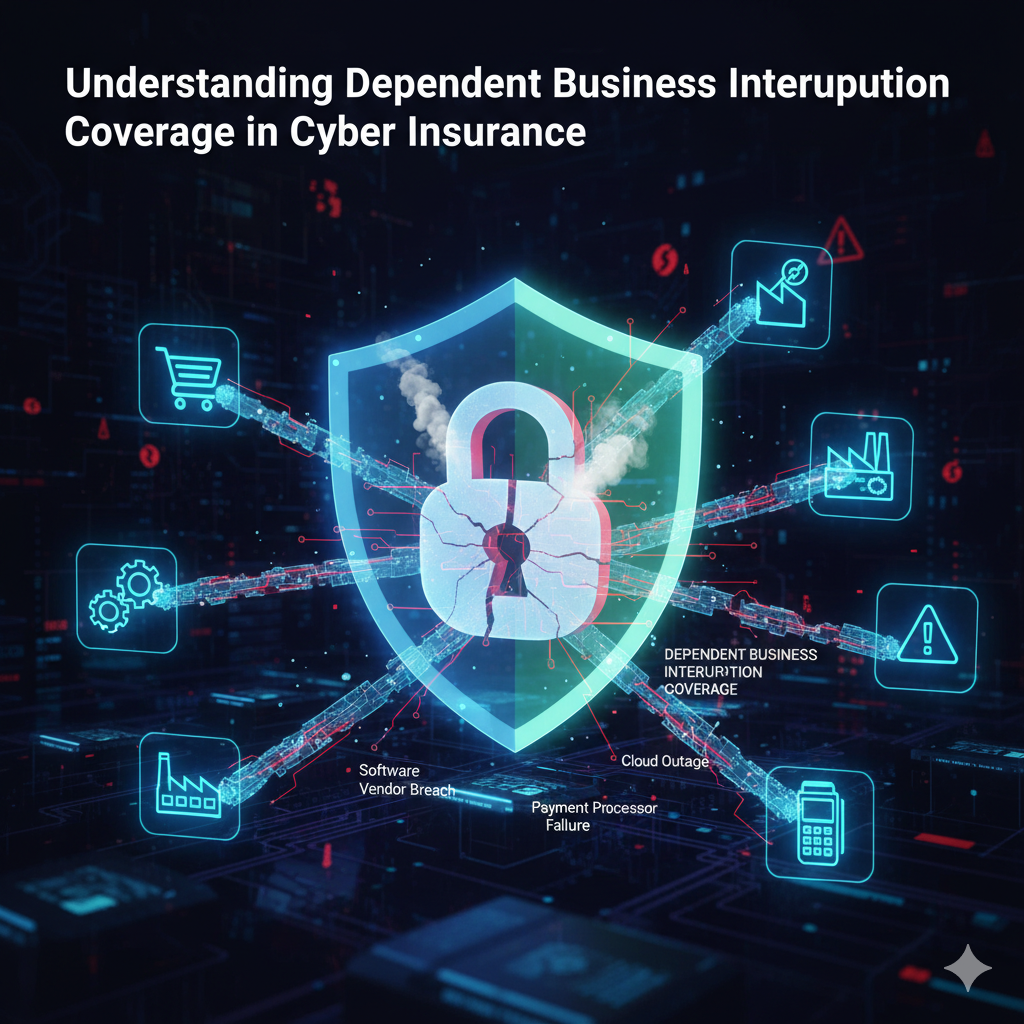Invoice manipulation is a sophisticated form of cyber fraud that has become an increasingly common threat to businesses of all sizes. It involves criminals altering a legitimate invoice or creating a fraudulent one to trick a business into sending a payment to the wrong bank account. This can lead to significant financial losses and serious damage to a company's reputation.
What is Invoice Manipulation?
Invoice manipulation, also known as third-party phishing or vendor manipulation, is a type of social engineering scam. Unlike traditional invoice fraud, where a criminal sends a completely fake invoice in hopes it slips through the cracks, invoice manipulation targets an established relationship.
Attackers will often gain access to a company's network or email system and monitor communications between the company and its vendors or clients. Once they have a good understanding of the invoicing process, they intercept or create an email that appears to be from a legitimate vendor. The fraudulent email contains an invoice with altered payment details, such as a new bank account or routing number.
The victim, believing the request to be genuine, authorizes the payment, and the funds are unknowingly redirected to the criminal's account. Because the email originates from what looks like a trusted source, the fraud often goes undetected until the legitimate vendor follows up for their unpaid invoice.
Why is it Important for Businesses to Have This Coverage?
Many businesses mistakenly believe that their standard business liability or crime insurance policy will cover losses from invoice manipulation. However, this is often not the case. A traditional crime policy may only cover theft committed by an employee or a third party that physically enters the business. Similarly, a social engineering clause in a cyber policy often only covers an instance where the insured's own employee is tricked into sending money.
Invoice manipulation is the reverse; the criminal impersonates the insured and convinces a client or vendor to redirect payment. This creates a coverage gap. Without a specific invoice manipulation coverage endorsement on your cyber insurance policy, your business would likely be responsible for the loss.
Here are a few key reasons why this coverage is so important:
-
Recouping Financial Losses: The most obvious benefit is the ability to recover funds lost to a fraudulent payment. These losses can be substantial and can cripple a business, particularly a small or medium-sized one.
-
Maintaining Client and Vendor Relationships: When a client falls victim to an invoice manipulation scam originating from your company's compromised email, they may hold you responsible. Instead of getting into a dispute and asking the client to pay again, invoice manipulation coverage allows you to cover the loss and maintain the business relationship.
-
Protecting Your Reputation: News of a successful cyber scam can damage a company's reputation and erode trust with clients and partners. Having a policy that responds to these incidents shows a commitment to mitigating risk and protecting your business relationships.
-
A Growing Threat: As cybercriminals become more sophisticated, invoice manipulation schemes are becoming more common and harder to detect. Relying solely on internal controls is not enough to protect your business from this evolving threat.
Given the rising threat of invoice manipulation and the significant financial and reputational risks it poses, securing the right cyber insurance policy is no longer optional—it's essential. Make sure your policy includes specific coverage for this type of social engineering fraud to avoid a costly coverage gap. At Redwood Insurance Solutions, we understand the nuances of modern cyber threats and can help you navigate the complexities of cyber insurance. Our team is dedicated to finding a policy that provides comprehensive protection, including specialized endorsements like invoice manipulation coverage, ensuring your business is resilient in the face of today's evolving cyber risks.






